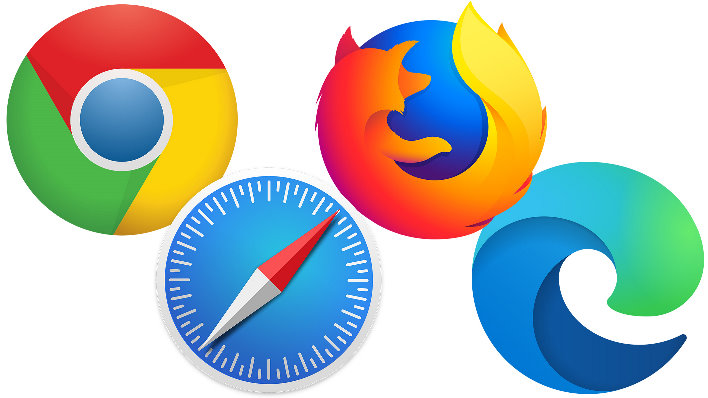Apple, Google, Microsoft, Mozilla Push Unified Browser Extensions Platform

It seems almost impossible that four technology titans could possibly be on the same page. It's not totally unprecedented, however, considering Apple and Google managed to work together on COVID-19 contact tracing. However, it's much more common to read about companies taking potshots at one another over their differences. After all, Google and Apple went after one another over privacy privacy concerns. Microsoft took shots at Apple in advertisements architecture and platform differences. Mozilla is just trying to keep its head above water. They've all got a lot going on.
So when the Four Horsemen of Web Browsers -- Apple, Google, Microsoft, and Mozilla, that is -- agree on something, there's a good chance that it could benefit users. Such seems to be the case with the formation of the WebExtensions Community Group announced yesterday. The WECG, as the World Wide Web Consortium calls it, exists to bring together disparate platforms for web browser extensions under one roof. The hope is that as each browser adopts standards developed by the WECG, browser extension developers can target a single API and bring their products to market more quickly and securely.
The W3C announcement links to a charter developed by the group to guide its decisions. The goal is to specify a model, permissions set, and common core API by which developers can target their extensions. The WECG says its design principles are user-centered, and focus on wide compatibility, good performance, enhanced privacy, and strong security. Extensions should be portable between not only browsers, but operating systems, and have well-defined behaviors.
The WECG is chaired by Simeon Vincent, a Chrome extensions developer from Google and Timothy Hatcher, a Safari senior engineer with Apple. The pair is charged with ensuring the group runs smoothly and adheres to its design principles. Both chairs having extensive technical knowledge of their platforms and being "in the trenches" so to speak should help keep the group on target, rather than C-level suits with less detailed knowledge trying to wrestle for power.
The formation of an open standard available to all browsers is excellent news for browser makers that trail in market share, as they tend to not be targeted directly by developers. For example, Microsoft has been forced to adopt the same extensions API used by Chrome, and can even install extensions from the Chrome Web Store. This gives Microsoft (and others) a voice in the direction that extensions APIs take. At the same time, it's a welcome sign of openness from the browser owners with the largest userbase -- Chrome on desktop, and both Chrome and Safari on mobile -- and may help stem additional antitrust cases against the company.
While the openness of a common WebExtensions Platform API is welcome, there are some activities that the group sees outside its scope. For example, WECG has no intentions of changing the distribution model, so each browser vendor will be able to run its own storefront. File extensions, MIME types, and even digital code signatures are outside the scope of the group. To get more detail, visit the community group's GitHub repository. The formation of the WECG is a first step, and it will likely be a while before we see much in the way of extensions that conform to its APIs. Hopefully when we do, it'll be for the better.

